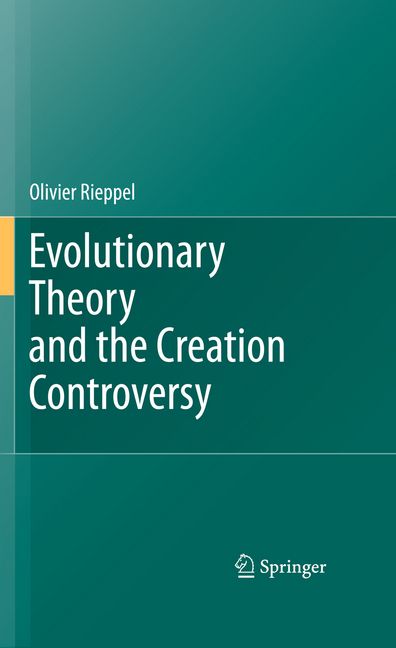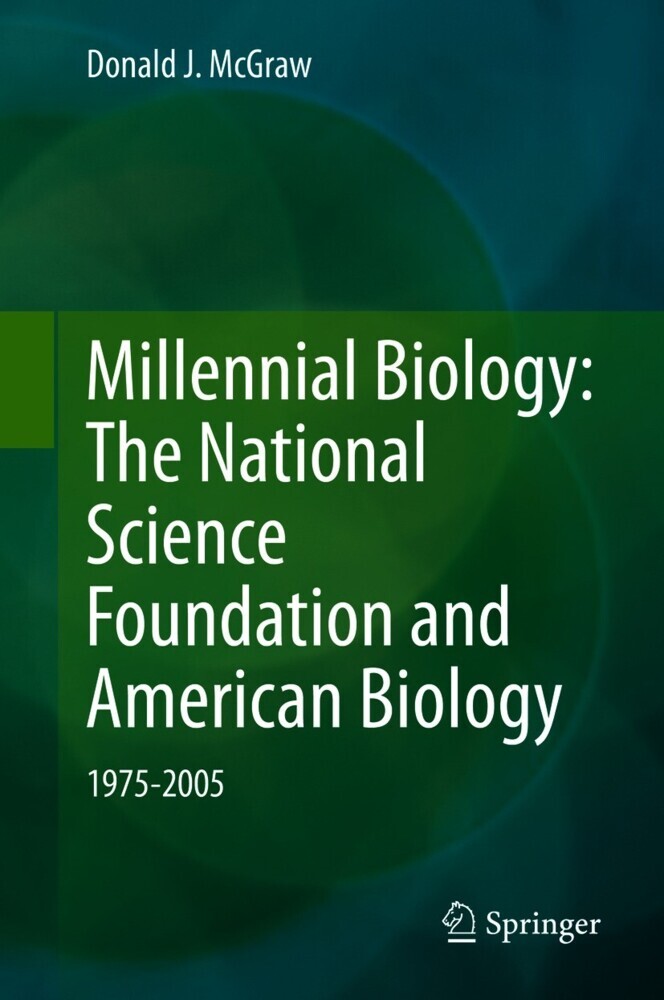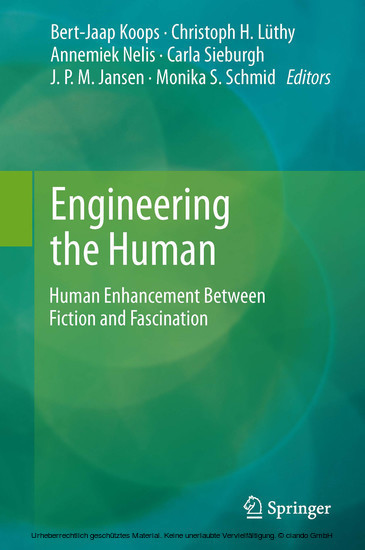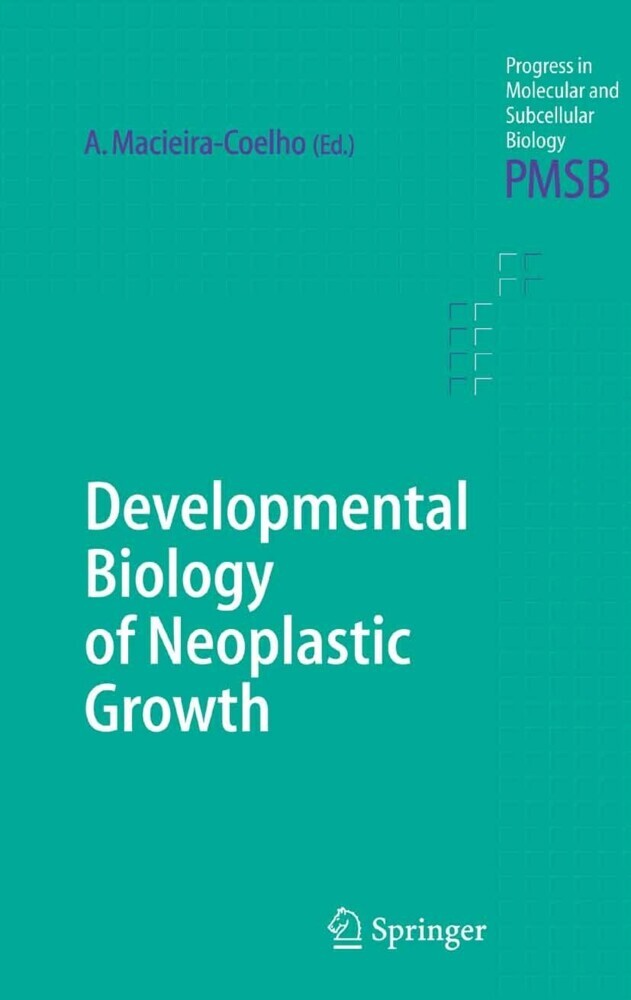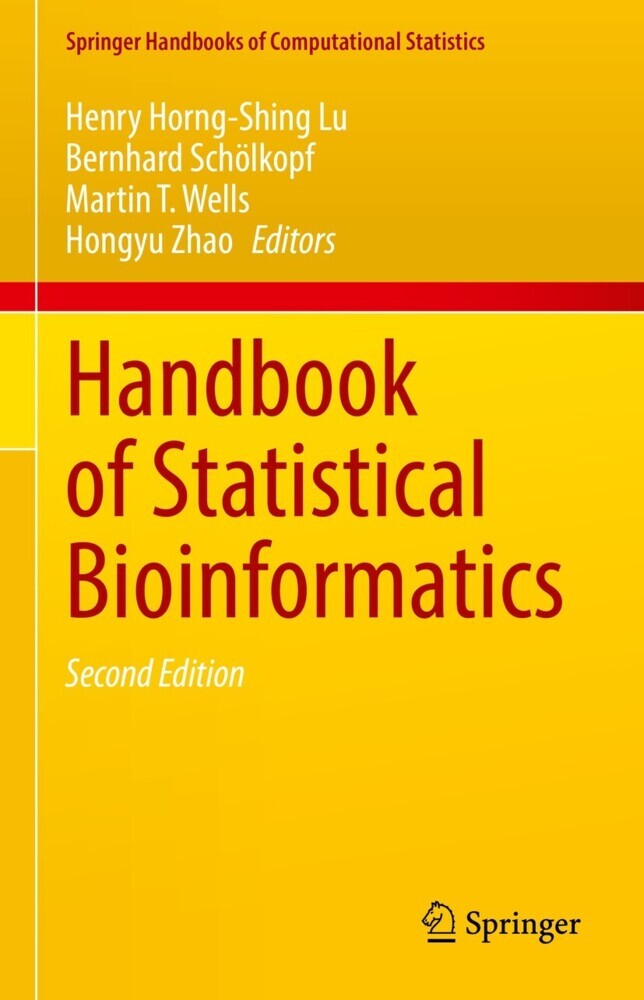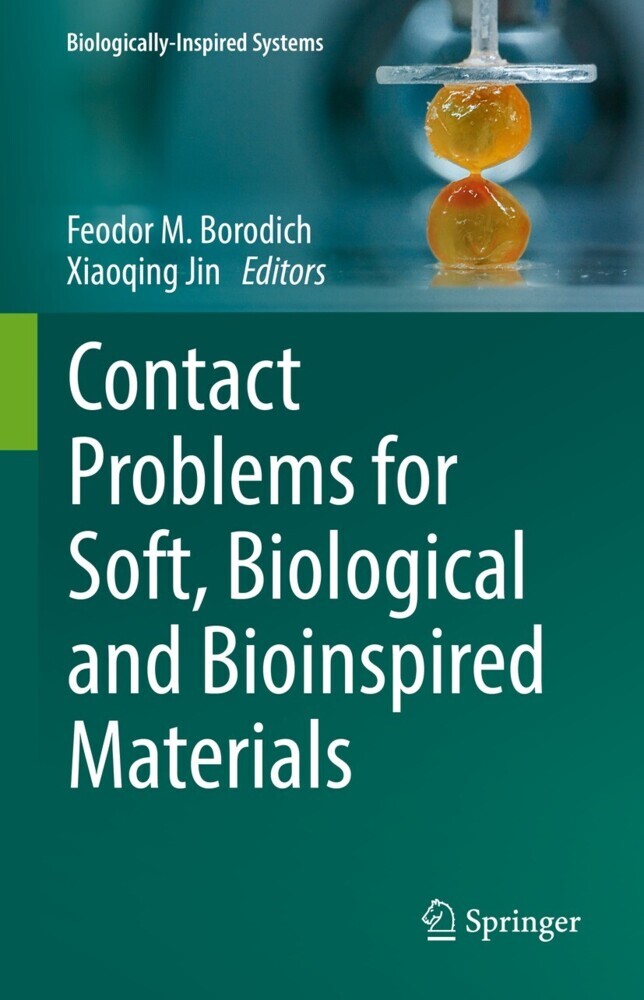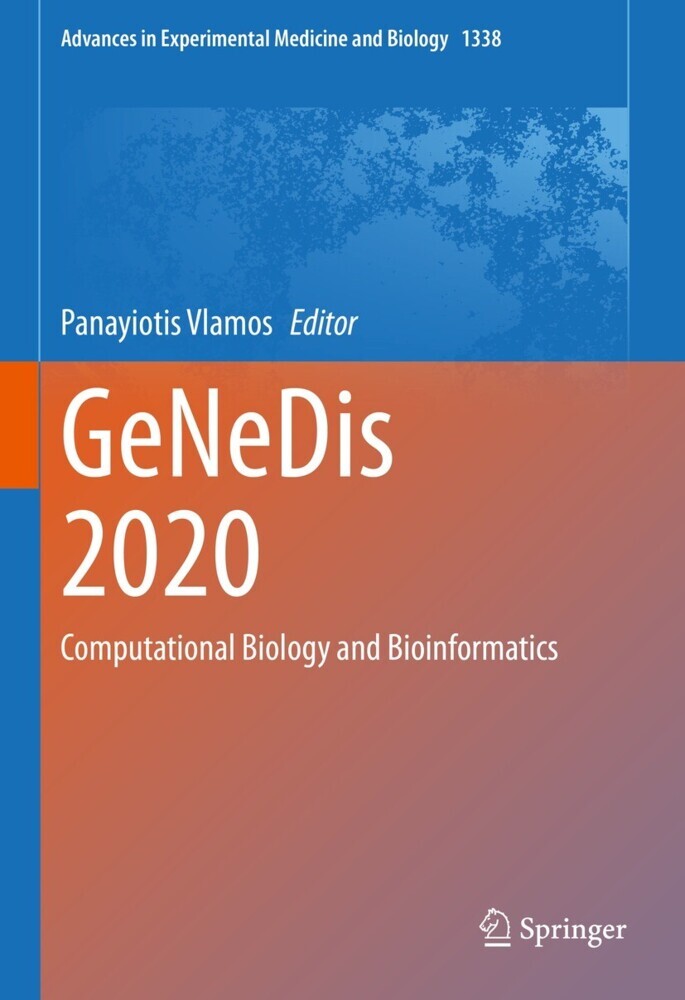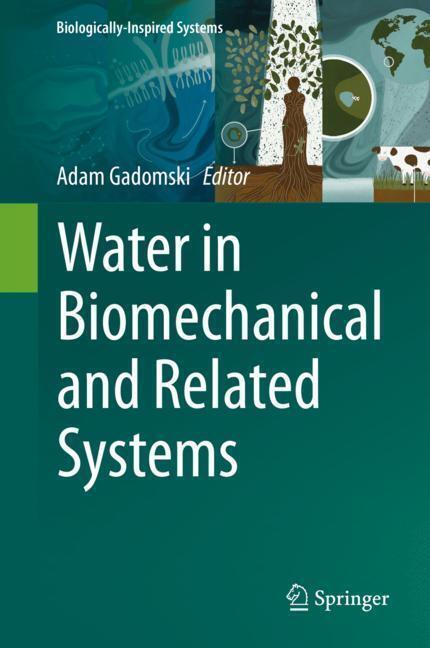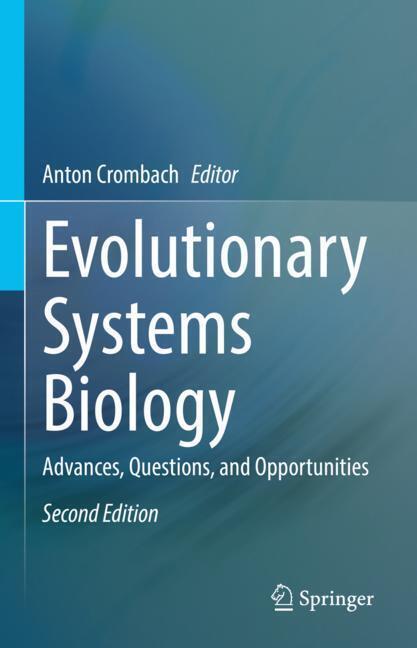Evolutionary Theory and the Creation Controversy
Evolutionary Theory and the Creation Controversy
Evolutionary theory addresses the phenomenon of the origin and diversity of plant and animal species that we observe. In recent times, however, it has become a predominant ideology which has gained currency far beyond its original confines. Attempts to understand the origin and historical development of human culture, civilization and language, of the powers of human cognition, and even the origin of the moral and ethical values guiding and constraining everyday life in human societies are now cast in an evolutionary context. In 'Evolutionary Theory and the Creation Controversy' the author examines evolutionary theory from a historical perspective, explaining underlying metaphysical backgrounds and fundamental philosophical questions such as the paradoxical problem of change, existence and creation. He introduces the scientists involved, their research results and theories, and discusses the evolution of evolutionary theory against the background of Creationism and Intelligent Design.
Olivier Rieppel is the Rowe Family Curator of Evolutionary Biology in the Department of Geology at the Field Museum in Chicago and an Adjunct Professor of Biological Sciences at Northwestern University in Evanston, IL. He has published widely on the anatomy and evolution of living and fossil reptiles, as well as on the history and philosophy of biology.
Olivier Rieppel is the Rowe Family Curator of Evolutionary Biology in the Department of Geology at the Field Museum in Chicago and an Adjunct Professor of Biological Sciences at Northwestern University in Evanston, IL. He has published widely on the anatomy and evolution of living and fossil reptiles, as well as on the history and philosophy of biology.
1;Preface;6 2;Contents;10 3;Chapter 1: What Is the Story to be Told?;12 3.1;1.1 The Encyclopedia of Life: Noah´s Ark Digitized;12 3.2;1.2 Natural Theology and the Doctrine of Intelligent Design;15 3.3;1.3 The Impact of Modern Philosophy of Science;17 3.4;1.4 An Outline and Some Historical Context;18 4;Chapter 2: The Problem of Change;22 4.1;2.1 Change in a Created World;22 4.2;2.2 The Problem of Change;25 4.3;2.3 The Distinction of Essential and Accidental Properties;27 4.4;2.4 Embryos and the Problem of Change in Organisms;29 4.5;2.5 Charles Bonnet and His Understanding of Evolution;34 5;Chapter 3: Changing World Views;38 5.1;3.1 Robert Chambers (1802-1871);39 5.2;3.2 Maupertuis´ Studies of Patterns of Inheritance;41 5.3;3.3 Trembley´s Experiments with the Freshwater Polyp;43 5.4;3.4 Georges Buffon´s Evolving World;47 5.5;3.5 Chamber´s ``Vestiges´´: An Evolutionary World View;51 5.6;3.6 The First Cause and Secondary Causes;58 5.7;3.7 A World of Pre-Established Harmony;63 6;Chapter 4: Stemming the Tide of Change;70 6.1;4.1 Hugh Miller (1802-1856);70 6.2;4.2 Georges Cuvier and Louis Agassiz: Experts on Fossil Fishes;72 6.3;4.3 Miller´s Attack on Transformationism;76 6.4;4.4 Miller´s Concept of ``Proper Science´´;81 6.5;4.5 Karl Ernst von Baer and the Importance of Embryology;85 6.6;4.6 Intelligent Design and the Four Aristotelian Causes;87 7;Chapter 5: A Matter of (Natural) Laws;92 7.1;5.1 The Metaphor of the Two Books;93 7.2;5.2 Ethics in Nature;95 7.3;5.3 Universal Laws of Nature;97 7.4;5.4 Lawful Development and the Doctrine of Pre-Existence;99 7.5;5.5 Universal Laws and Genuine Change;102 7.6;5.6 Description vs. Explanatory Laws;106 7.7;5.7 Darwin´s Law of the ``Higgledy-Higgledy´´;112 7.8;5.8 Darwin´s Test of Evolutionary Theory;119 8;Chapter 6: The ``Law of Superposition´´;122 8.1;6.1 The Superposition of Fossils;123 8.2;6.2 Systematics and the Classification of Organisms;126 8.3;6.3 Ideal vs. Natural Systems;128 8.4;6.4 Artificial vs. Natural Kinds;132 8.5;6.5 William Whewell´s ``Consilience of the Evidence´´;138 9;Chapter 7: Respectable Science: What Is It?;145 9.1;7.1 The Definition of Science;146 9.2;7.2 Ludwig Wittgenstein and the ``Verification Principle´´;148 9.3;7.3 The Illusion of ``Theory-Free Observation´´;151 9.4;7.4 Karl Popper´s Demarcation of Science from Metaphysics;153 9.5;7.5 Thomas S. Kuhn and the Social Nature of Science;158 9.6;7.6 Paul Feyerabend and Epistemological Anarchism;164 9.7;7.7 The Pessimistic View of Science: Reviewed;167 9.8;7.8 Description and Explanation: Again;176 10;Chapter 8: Linking the Facts: Tracing the Traces;179 10.1;8.1 The Problem of the ``Uniformity of Nature´´;180 10.2;8.2 Popper´s Failure to Solve the ``Problem of Induction´´;183 10.3;8.3 Abductive Inference: The Mouse in the Wainscoting;186 10.4;8.4 Darwin: A Master of Abductive Inference;188 10.5;8.5 Darwin and the Importance of Embryology;194 10.6;8.6 Clinching the Argument for Evolution;197 11;Index;203
Rieppel, Olivier
| ISBN | 9783642148965 |
|---|---|
| Artikelnummer | 9783642148965 |
| Medientyp | E-Book - PDF |
| Copyrightjahr | 2010 |
| Verlag | Springer-Verlag |
| Umfang | 204 Seiten |
| Sprache | Englisch |
| Kopierschutz | Digitales Wasserzeichen |

